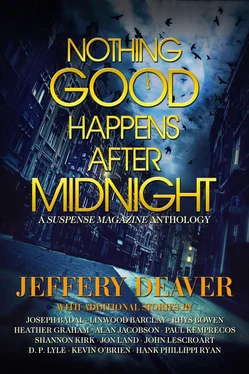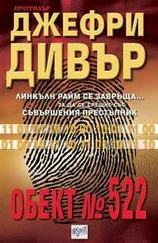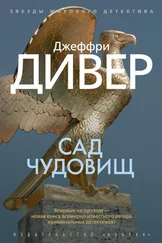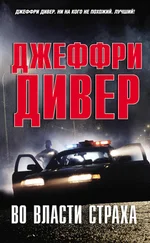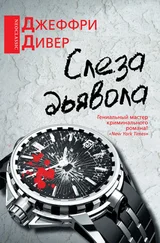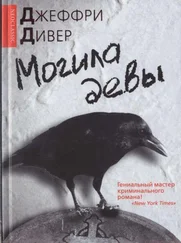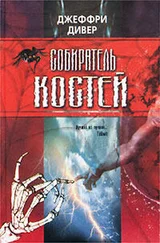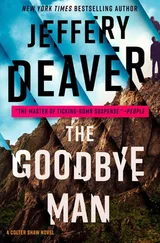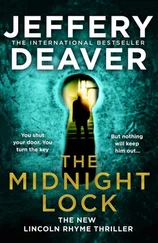The man’s lawyer presented a novel defense to the court — that he’d been driven momentarily mad by the sonatina. Upon examining him, physicians disagreed over the diagnosis. Some reported that he was indeed moved to temporary madness by the piece, while others asserted that he was feigning.
A renowned physician testified on his behalf, stating that if music has the power to move us to joy and sorrow, why cannot a piece move us to rage and even murder — beyond our control?
The judge found him guilty, but, because the doctor’s argument was persuasive, spared the defendant from hanging.
Joanne said, “What, claim that he was possessed by a piece of music? You know that can’t happen.”
Beth was an academic and approached life according to the scientific method. Of course there was no such thing as a curse. The supernatural did not exist.
But she said, “Hypnosis is real. What if, instead of a swinging watch, a string of notes could put you under, let you act out your impulses?”
“Claiming he was hypnotized into delusion?”
Beth nodded and added about his humming the four notes. What they spelled.
“Jesus,” Joanne whispered.
“The lawyer said we needed a creative defense.”
“That’s pretty damn creative.” Joanne thought for a moment. “Maybe there is some basis for it. What if it happened other times? Somebody hearing music and losing their mind temporarily.”
“If it is temporary.” Beth choked on a sob.
Joanne took her hand. “He’ll get better. We’ll get the best doctors we can.”
Beth wiped the tears. “Let’s get to work.”
Sitting, hunched forward at the glass-topped coffee table, each looked over her own laptop.
“First,” Beth said, “let’s go the broadest we can: Sound inducing impulsive behavior. Not necessarily music.”
It was possible, they learned, to, yes, induce hypnosis via sounds, though it seemed generally to be true, too, that being hypnotized could not turn otherwise upstanding people into criminals.
“It’s something,” Joanne said. She jotted references and websites on a legal pad. “What about military marches?” she suggested.
Nothing, though, suggested that martial music affected the psychology of soldiers, other than inspiring them into battle.
Discouraging.
Joanne kept searching. “Here’s a YouTube video of the Salem Players. I want to see if anybody commented on it.” The piece played softly. Given the computer’s tiny speakers, it didn’t sound nearly as eerie as it had last night.
“And?” Beth asked.
“Nothing helpful. Just like ‘Cool Piece.’ ‘Where are you playing next?’ ‘Love your hair!’ Stuff like that.”
Beth watched the energetic performance for a moment and then had a thought. She placed a call to the venue and learned the musicians were at rehearsal, but were presently on a break. She was put through to the conductor.
“Hello?”
Beth identified herself and said, “I was at the concert last night. First, what an incredible performance.”
“Why, thank you, Mrs. Tollner,” the man said in his lilting British accent. He added modestly, “The hall is acoustically marvelous. How can I help you?”
“I’m a professor and I’m doing some research.”
Both were true, in a way.
“I’m curious about the Midnight Sonatina .”
“Yes?”
“Do you know if anyone in the audience has ever had an odd reaction to the music?”
“Odd reaction... You mean those stories that it drove people mad?”
“Yes.”
He chuckled. “Urban legend. It’s probably driven some violinists mad when they tried to play it but that’s because it’s the most difficult violin piece that’s ever existed.”
“But no one in the audience?”
“Never.”
She thanked him and hung up.
The two women kept up the work at their respective laptops for another half hour before Joanne stretched and looked at her watch. It was nearly six in the evening. “You have any wine? I need something stronger than coffee.”
“Sure. Fridge if you want white, cupboard to the left if you want red.”
“You want some?”
“Not now.” Beth returned to the computer and kept at the search.
Nothing...
But then she had a hit.
Murder at Boston Concert
Man in Audience Goes Berserk
Italian Piece Claimed to Send Him into Bloody Frenzy
She’d missed the article in her earlier searches because the piece was not named, described merely as an Italian sonatina. It was the Midnight , though, because the composer was Luigi Scavello and the date of the composition was the same.
She read the article quickly. It was published in a Boston newspaper in 1923. Following a concert in a music college south of the Charles River, a member of the audience suddenly began ranting at a couple with whom he and his wife had attended the performance. He then drew a knife and stabbed the husband to death. He’d had no history of criminal activity, though the two men had quarreled over a business loan not long before.
The defendant’s solicitor came up with a novel legal claim that he had grown temporarily deranged because of the piece of music.
The poor man’s nature was given to sensitivity and listening to the hypnotic piece of music, the Midnight Sonatina , stole him of reason and caused him to act on his most base impulse. In short, my client was not himself.
The lawyer admitted that, yes, it was an extraordinary claim, but the medical testimony established that what had once been an intelligent functioning man was reduced to an animalistic state.
She called to Joanne: “I’ve got another one. And listen to this. The judge ruled the man was not guilty by reason of insanity. He was committed to a home and didn’t have to go to prison.”
So there was yet another instance of precedence for the argument for insanity.
A creative defense...
A moment later Beth heard a soft sound behind her.
Humming.
Gasping, Beth turned and, in shock, stared at Joanne, who was gazing at her sister-in-law. Her face had the same eerie, blank expression as Robert’s.
And the humming, too, was the same as earlier, the notes her husband had hummed over and over again.
The notes that spelled D-E-A-D .
Beth realized that Joanne had just listened to the Midnight Sonatina on YouTube. And she, like her brother, had also been possessed by the bewitching tune.
Joanne grabbed Beth’s hair and lifted the knife, the longest and sharpest of those that had been sitting on the island in the kitchen.
Edward Post, Joanne’s husband, was finishing the interview with the detectives from the Westfield Police Department.
The town was generally idyllic and free of crime — serious crime, at least, so two knife-wielding psychotic attackers was a rarity, to put it mildly.
The odds that they’d be brother and sister? Nearly impossible.
But here they were.
The man stepped outside, stretched and walked to his Jeep. He climbed in and drove to his company, JP Designs. It was one of the more successful landscaping companies in South Central Connecticut.
In the back of the east lot was a large trailer, a nice one. Post would occasionally stay here if the hours were long and he didn’t feel like tackling the long drive home.
He parked and then walked inside.
Beth Tollner walked forward and the two embraced.
They sat down on the couch. They were here because reporters were mobbing their houses.
“You can stay here for the time being.” He nodded to a second bedroom in the rear of the trailer.
Читать дальше
